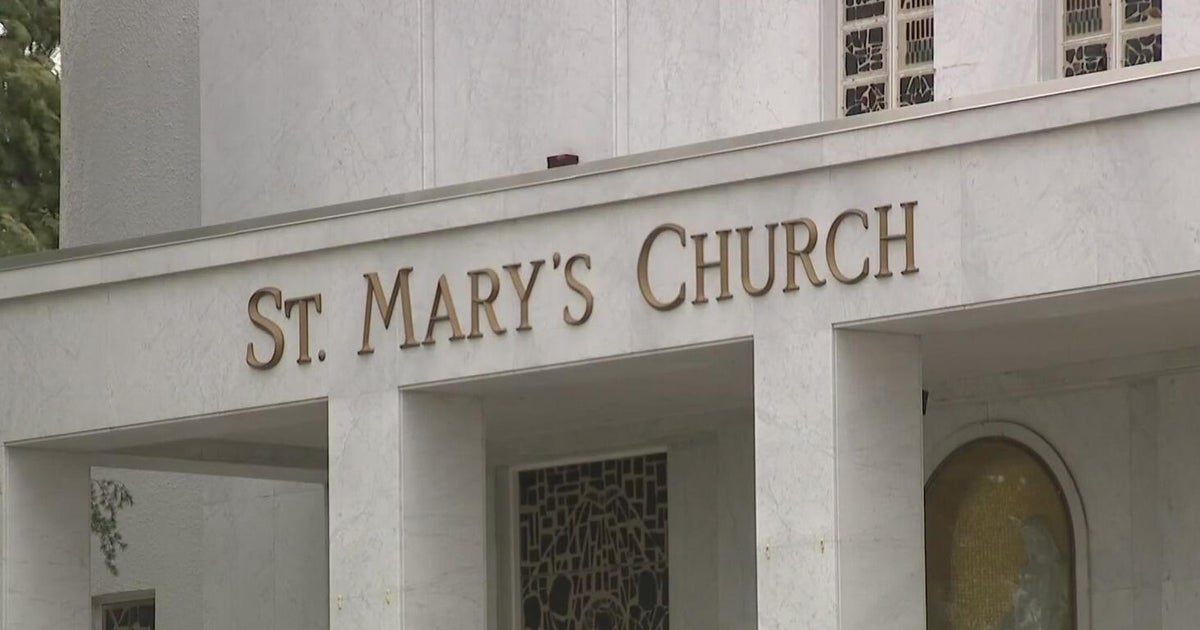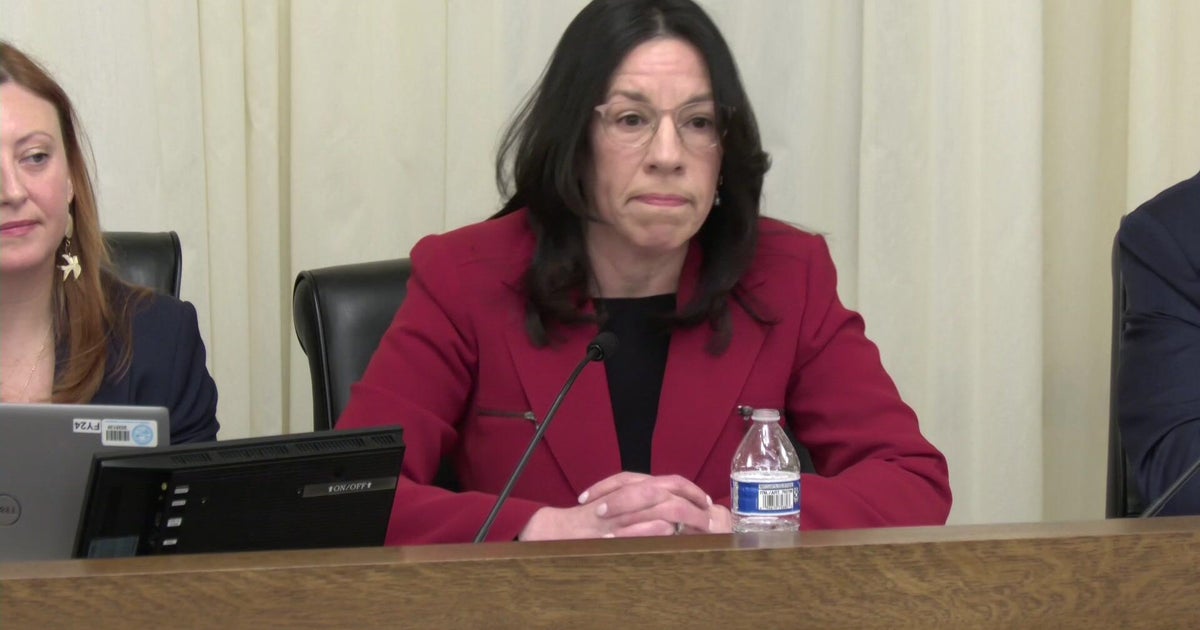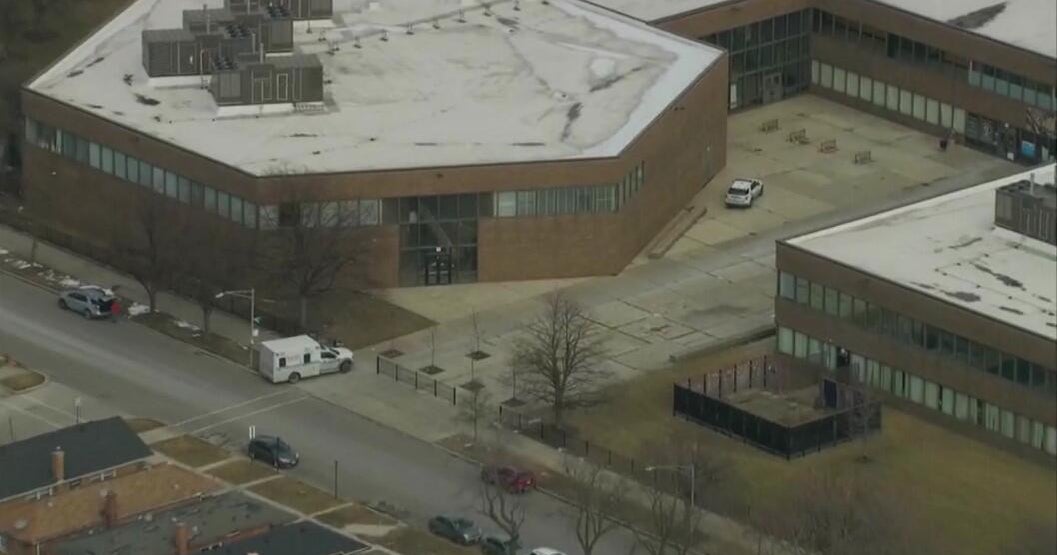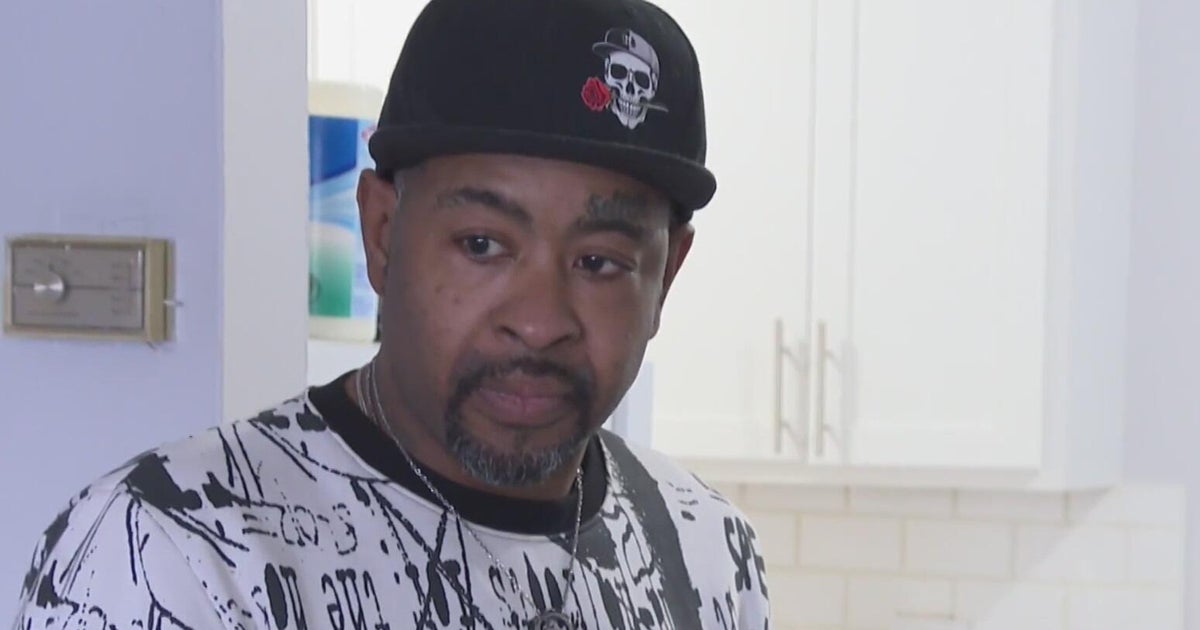Analyst Says Brown's Budget Would Help Rebuild California
SACRAMENTO (AP) -- The Legislature's nonpartisan analyst on Wednesday called Gov. Jerry Brown's budget proposal a "good starting point" for rebuilding state government but cautioned that it carries a lot of risk.
Legislative Analyst Mac Taylor released his assessment of Brown's proposal to close an estimated $25.4 billion shortfall over the next 18 months with temporary tax extensions, deep program cuts and a reorganization of state and local governments.
"The governor's proposal includes reductions in nearly every area of the state budget and a package of revenue proposals that merit serious legislative consideration," Taylor wrote. "We think the governor's package is a good starting point for legislative deliberations."
Taylor credited Brown, a Democrat, for looking for long-term solutions for a state that has faced persistent budget problems. He said Brown's proposals to shift more state responsibilities to local governments are bold and "have much merit."
Still, the analyst found plenty of risk in the governor's plan. Taylor cautioned that a government reorganization would come with legal, fiscal and policy hurdles.
While Democratic leaders have voiced support, the governor's plan has drawn plenty of criticism, including groups that suggest adding an oil tax for more revenue and others who say it does not cut deep enough into big government.
Assembly Republican Leader Connie Conway on Tulare said GOP lawmakers share Taylor's concern that the proposal hinges too much on tax extensions.
"The governor's proposal hinges on voters extending tax hikes totaling more than $45 billion over five years," Conway said in a statement. "However, there's no plan for weaning big government off this funding if voters reject them or if the tax hikes expire."
Brown called for $12.5 billion in spending cuts, including reductions in welfare, social services and higher education, as well as $12 billion in funding shifts and new revenue if voters agree to extend temporary taxes.
Brown has said he wants to pass key budget bills by March 1 and go to voters with a five-year extension on sales and income taxes and vehicle fees in a June special election.
Should voters reject tax extensions, the state would have to make cuts beyond what Brown proposed. That would make it hard to protect school funding, a priority of both parties.
The state's K-12 education budget already has been slashed over the last three years. According to the Legislative Analyst's Office, the governor is proposing to spend $7,708 per pupil in the upcoming fiscal year that starts in July, compared to $8,235 in 2007-08.
"At that point, you're going to have to take some pretty severe actions," Taylor said in a briefing with reporters Wednesday. "And you won't have a whole lot of time to do it" before the new fiscal year begins in July.
The analyst said that Brown presented a "more straightforward" budget than former Gov. Arnold Schwarzenegger, who relied on overly optimistic funding from the federal government and proposed one-time gimmicks such as the failed proposal to securitize the state lottery system.
"But I don't want people to think there are no risks in the budget, that there still aren't programs that they've made some questionable savings on," Taylor said. "This was a budget that was put together rather quickly."
Just a week after he was sworn in, Brown unveiled a spending plan Monday that seeks to ask California residents what they want from state government and how much they are willing to pay for it. He is seeking to fundamentally restructure state government, shifting a host of responsibilities, from incarcerating low-level offenders to providing foster care, to local governments.
The report urged state lawmakers to act early, giving state agencies more time to implement spending reductions.
(© 2011 The Associated Press. All rights reserved. This material may not be published, broadcast, rewritten or redistributed.)







